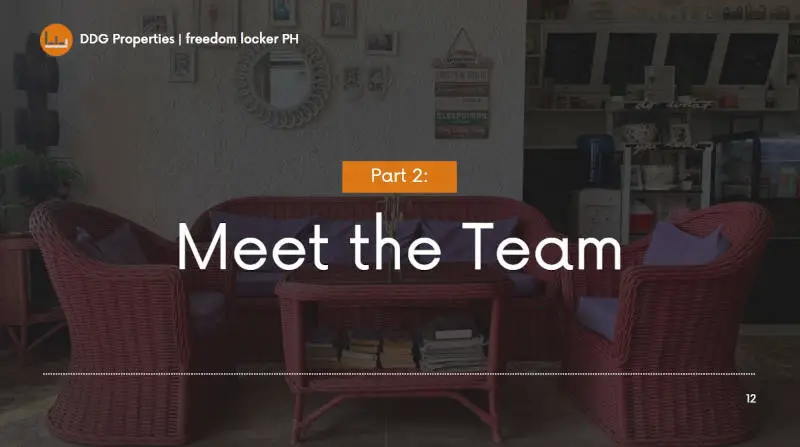There will never be something that’s called “the best investment.” Ironically, economic incentives play a role as to why different investments balance out. Inventors move to options with better returns-per-risk ratios, so investments will be “priced” efficiently. In other words, investors flock to good investments and move away from bad investments. And the efficient market is left with just good investments at varying risk-return tradeoffs. So when I mention my reasons for believing low-cost apartments and boarding houses are a good investment, know that this is my preference on the risk-return spectrum.
These reasons include vacancy risk mitigation, performance in good and bad economic environments, and property management costs per unit rented out are cheaper.
While I prefer apartments, I also understand that this isn’t the asset class for many people. Others would rather buy single-family houses, condo units, or vacant lots or focus on specific categories like foreclosed properties or even a REIT (real estate investment trust).
I also know that a lot of people try too many different things, symbolic of the shiny object syndrome and FOMO (fear of missing out). But to truly maximize your potential on anything, undeterred and intentional focus is key. That is why I encourage you to find your niche. (See Why You Need to Find Your Real Estate Niche for Massive Growth.)
Here are the reasons why I like this niche.
Page Contents
Reason 1: Vacancy risk mitigation
Tenant turnover is part of the game. But it absolutely hurts losing one in a single-tenant property. Talk about 0 to 60 and quarter-mile fast cars; this one takes the cake at 0% to 100% vacancy instantly!
Apartments, boarding houses, and other multifamily investing opportunities ease the pain by relying on many tenants. Suppose you have a 20-unit apartment. Losing one tenant then translates to 1/20, or a 5% vacancy rate.
And with how apartment buildings are valued, the improvement in vacancy rate directly affects your property’s value.
Reason 2: Growth is in line with inflation
How does inflation affect rents?
There is a direct relationship between inflation and rental rates. When inflation rises, the costs of borrowing in the form of bank interest rates increase. This means buying houses becomes harder. When homes become unaffordable, more people choose to rent.
(Interestingly, rental rates and property investment appreciation have historically grown at about the same rates. See The Millionaire Real Estate Investor by Gary Keller et al.)
For the apartments and boarding houses inventor, inflation doesn’t hurt the business as much. The rent you collect can, and should, grow with inflation. This is what’s called an inflation-hedge.

Reason 3: It is a defensive instrument
When you think about the possible real estate property sectors to invest in, you might notice how they react differently to economic cycles. Some sectors rise and fall faster than the overall economy. Hotels are a good example — incredible returns in expanding economies, but they’re the first to fall in contracting environments.
Office spaces and commercial real estate also have a positive and direct relationship to economic cycles. They rise and fall with the economy just like hotels, but to a lesser extent — most will continue to operate, but the drop in returns is noticeable.
On the opposite side of the continuum are residential properties — specifically low to middle-class residential properties. Regardless of the economy, people will need a place to live.
And I’m particularly excluding premium residential spaces. When it comes to budget apartments and boarding houses, you’ll likely have tenants renting. During good times, those who couldn’t afford to rent can now lease a nice budget unit. During bad times, the premium and B-class tenants save money by going down to budget units.
These things make the low-cost small apartment building more defensive than other real estate investments.
Reason 4: Significant cost savings on property management
Similar to Reason #1, this is about spreading exposure. Instead of hiring multiple property managers over 20 single-family rental units, you’ll need just one to manage your multifamily property of 20 units.
Whether you manage your property in-house or hire a property management company, the cost savings are significant.
Why I prefer low-cost apartments
There are many more reasons why I love this asset class. I did not even mention positive cash flow and passive income, forced savings and leverage using debt, forced appreciation on rehabs, and so on. (Because they also apply to other real estate niches.)
Ultimately, the sector doesn’t matter. The niche you select is less important than just choosing a niche, to begin with. Each one will have its pros and cons, and I hope I’ve shared enough pros about the apartment niche.
Interested in partnering up or need help analyzing your deals? Hit me up!








